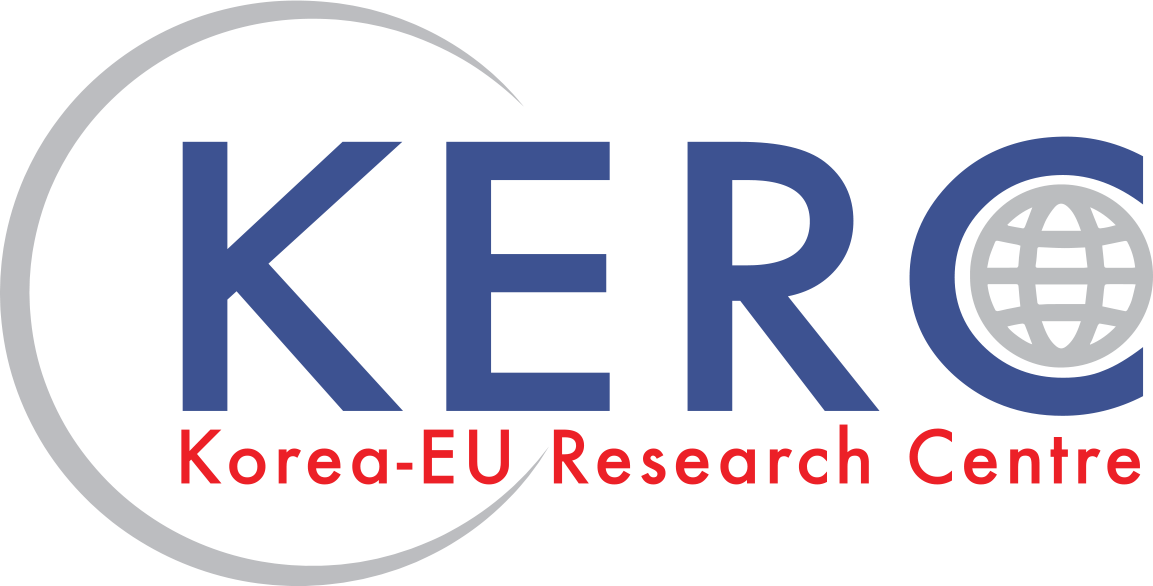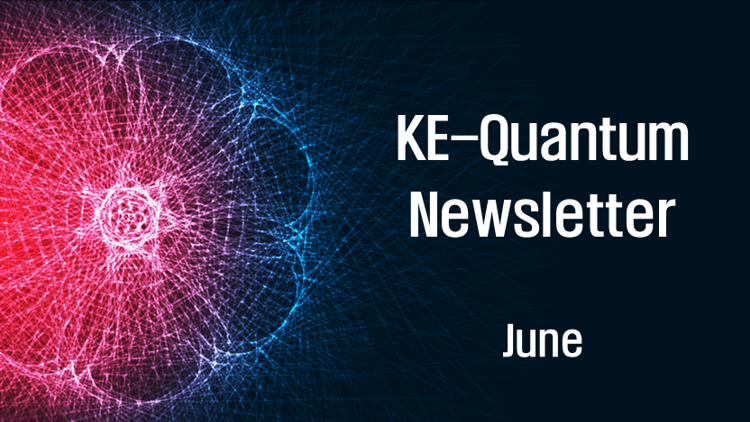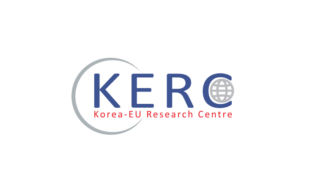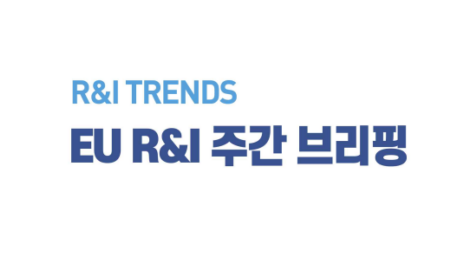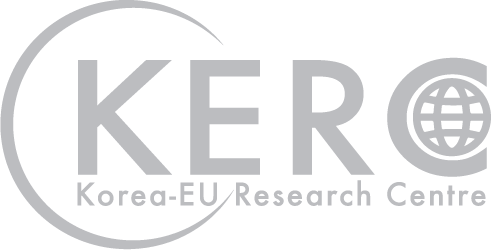Last Tuesday, on December 10, The Korea-EU Research Centre (KERC) hosted a webinar on Horizon Europe Pillar 2 Application Process. The event was co-organized by the National Research Foundation of Korea (NRF).
Following the announcement of South Korea’s association to Horizon Europe Pillar 2 starting from 2025, the webinar gained huge interest from Korean scientists with more than 350 registrants. Most of them were professors at Korean universities, but some were researchers at national research institutes, research administrators, and corporate R&D executives.
The webinar provided a detailed step-by-step guide on how to apply for Pillar 2 projects through a Korean Horizon Europe Grant expert. While previous Horizon Europe seminars held in Korea have only covered the general overview of Horizon Europe, this webinar for the first time provided detailed information on how to participate in Pillar 2. In addition to the information session, three actual HE participants shared their experiences as Horizon Europe project participants and coordinator. Their stories helped attendees understand the challenges they might face when participating in European project and the key considerations when working with Europe. Finally, the KERC and Horizon Europe Taskforce Team at NRF introduced support mechanism for Korean participation in Horizon Europe such as NCP system, Korea-EU research cooperation promotion program, and other useful tools and resources.
During the two and a half hour webinar, attendees showed great interest in Horizon Europe, participating very actively and asking numerous questions. In a survey conducted after the webinar, 66% of respondents said they plan to apply for Horizon Europe in the future, while 33% were not sure at the moment but they would like to apply in the future. In a live poll launched at the beginning of the webinar, 44% responded that they had experience with international collaborative research with Europe, 34% responded that they had no experience in international project, and 21% responded that they had experience with countries other than Europe.
Ahead of the webinar, on December 9, the KERC issued a publication which illustrates Horizon Europe participation cases of Korean researchers. It contains six examples explained directly by four Korean participants and two Korean Horizon Europe project coordinators. European project coordinators with experience working with Korean participants mentioned the Korean people’s diligence, sincerity, sense of responsibility, spirit of cooperation, kindness, professionalism, and dedication as the reasons and benefits of collaboration with Korea. Also, the advantages of cooperation with Korea mentioned by European partners include new opportunities for expansion and growth through entering the global market, access to cutting-edge technologies and infrastructures that Korea possesses, the uniqueness of the Korean market and environment as testbed. In particular, the ability to derive complementary solutions through different perspectives was mentioned as the most positive aspect of international cooperation between Korean and Europe.
Next step
The KERC is planning to organize a webinar to explain the details of Work Programme 2025 in line with its release. Also, the KERC is preparing an event for matchmaking between Korean and European researchers for their collaboration in Horizon Europe Pillar 2. A demand survey has been conducted for this purpose and according to preliminary data, the largest demand were found in cluster 4 and 1 followed by cluster 5 and 6.
